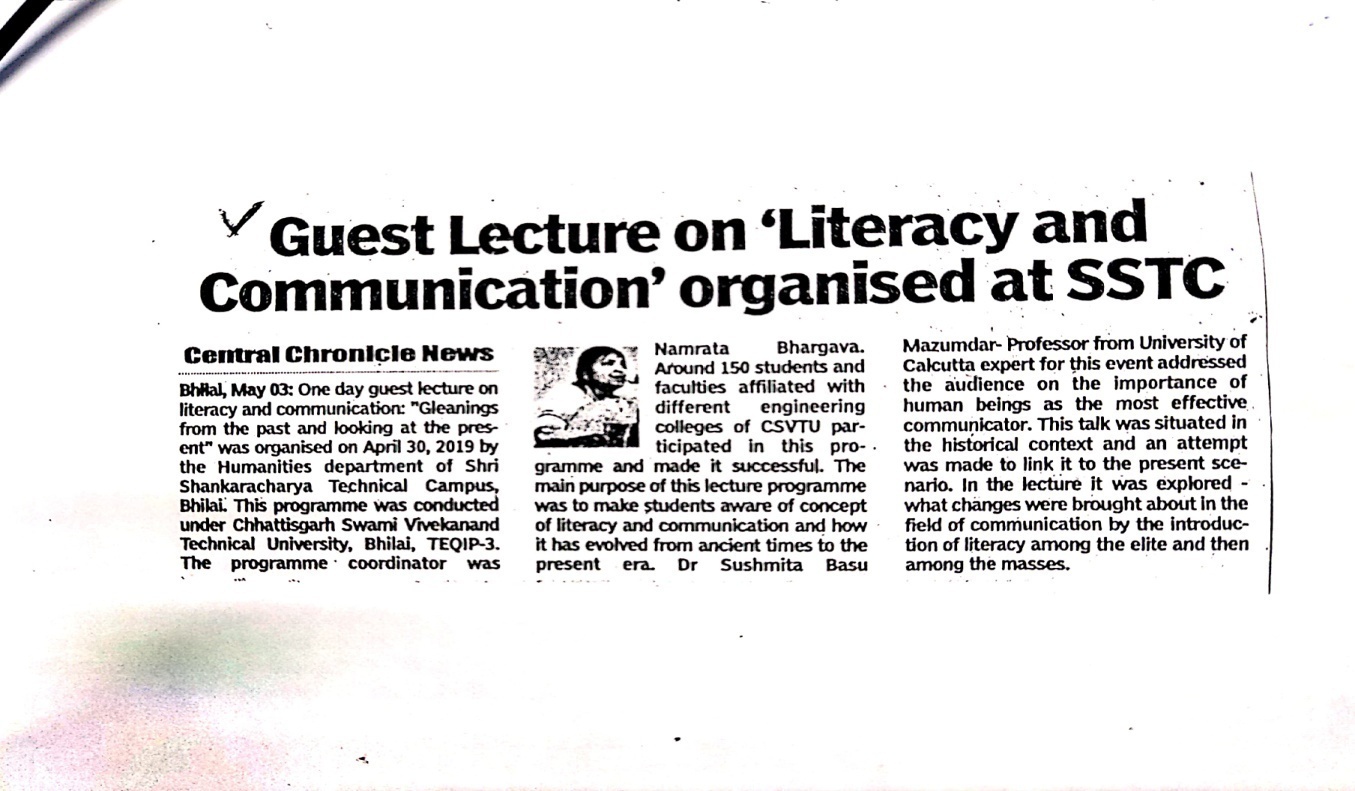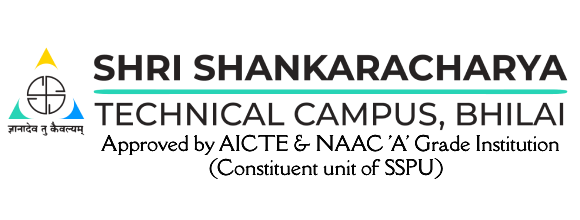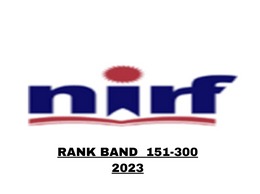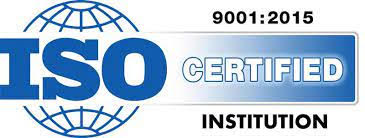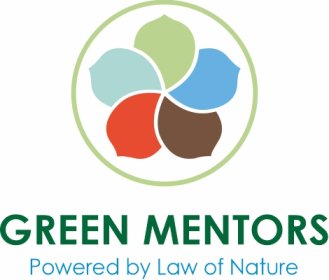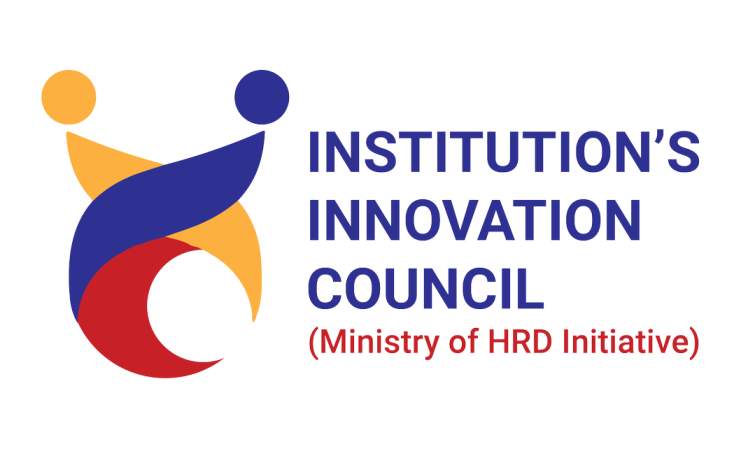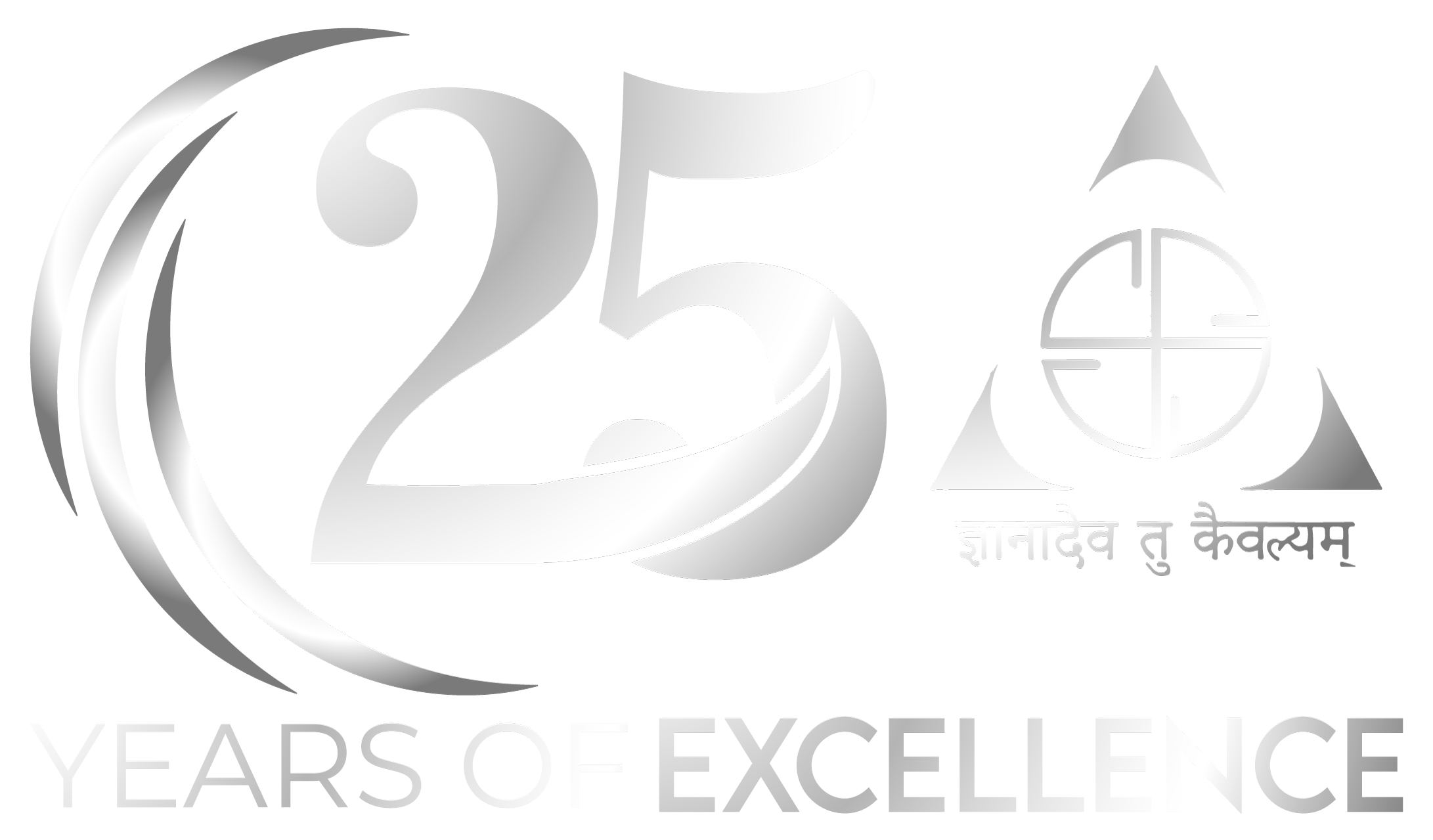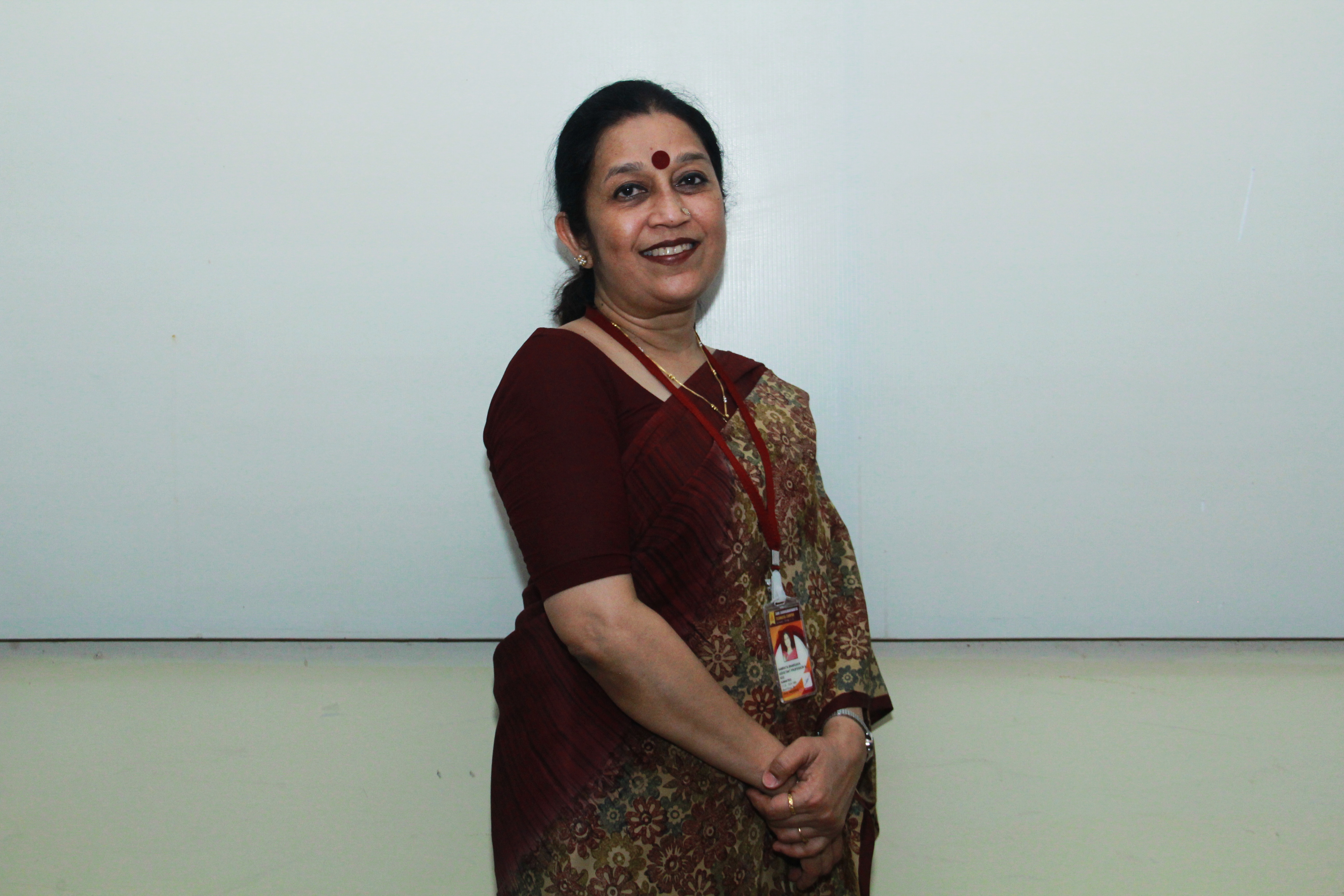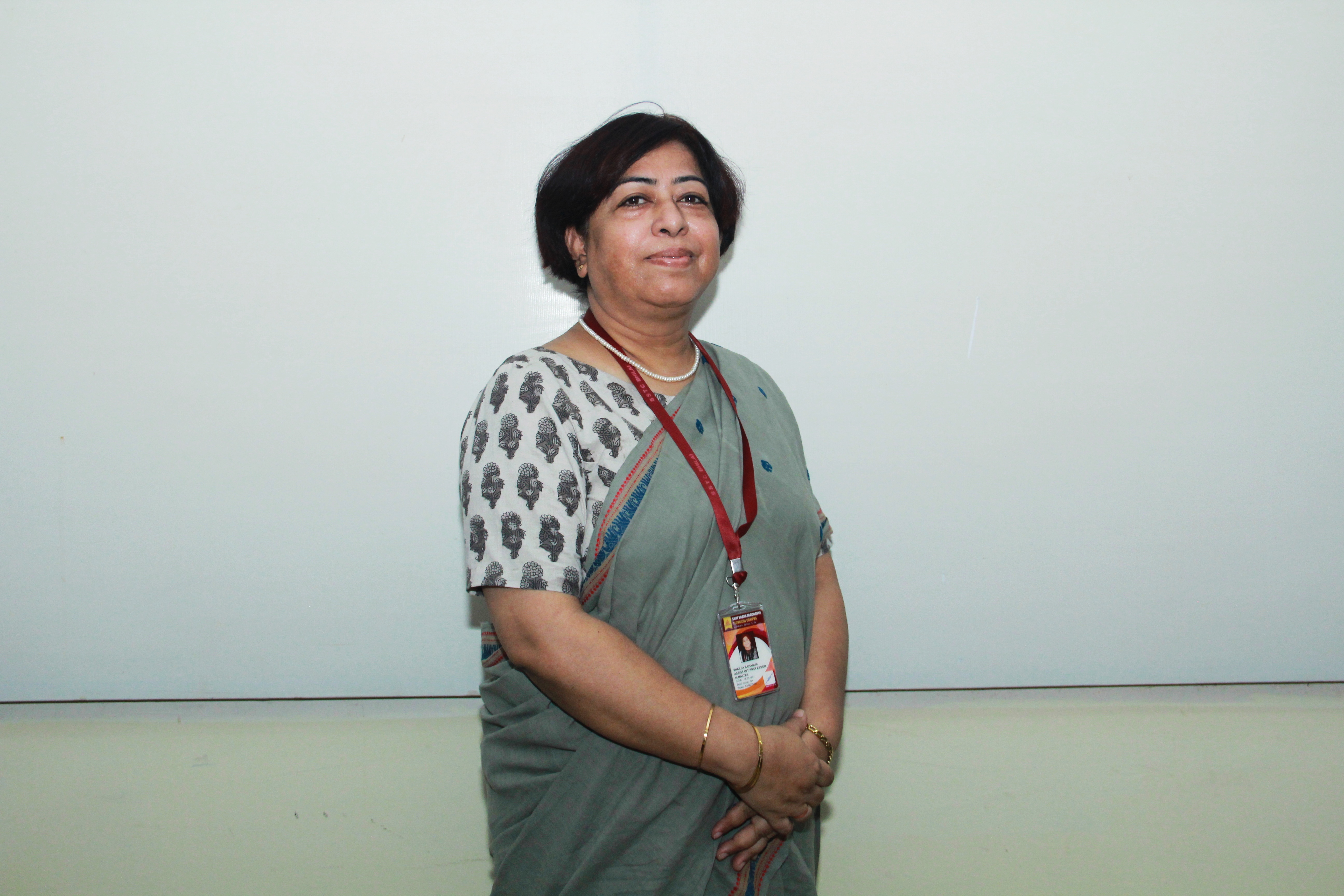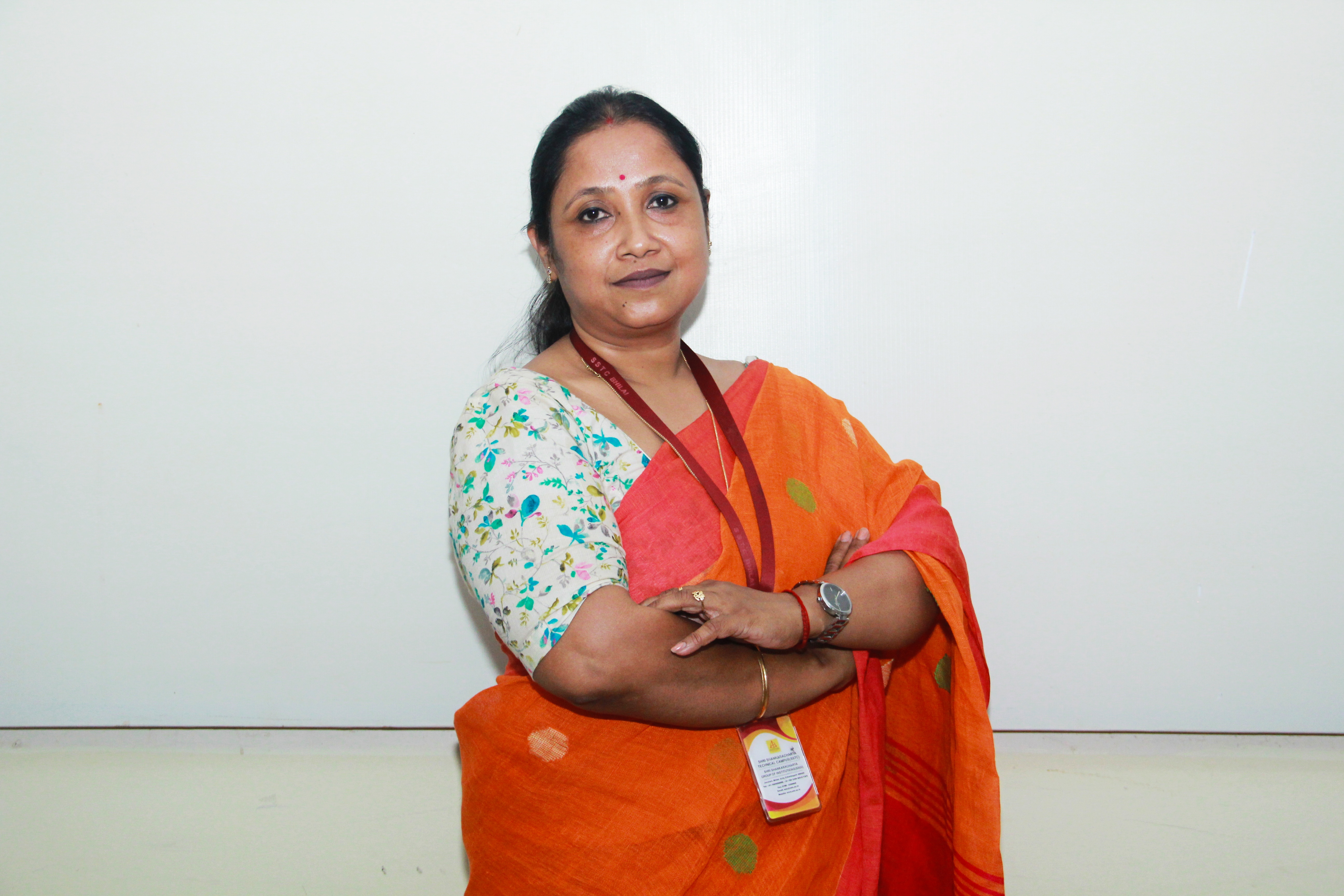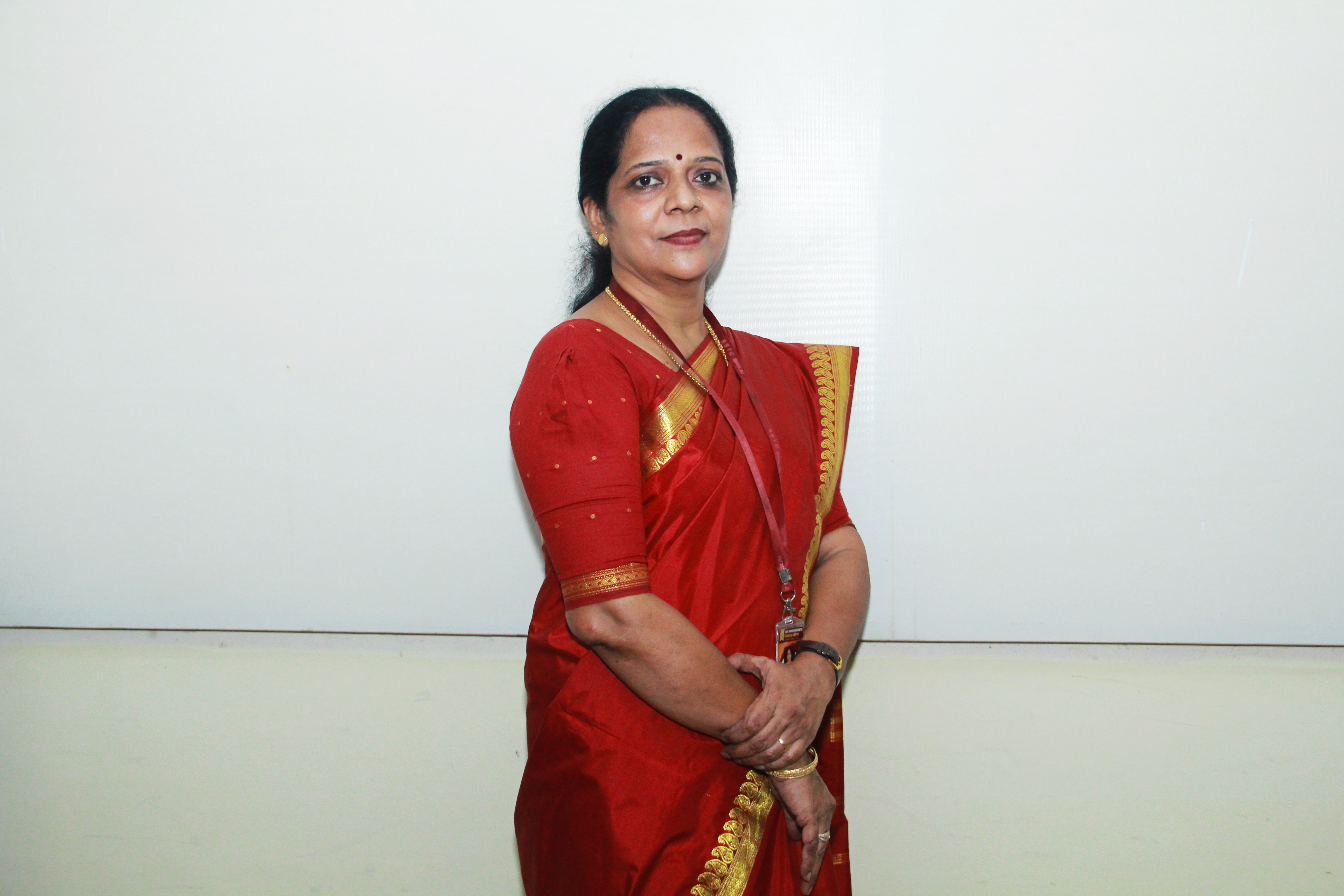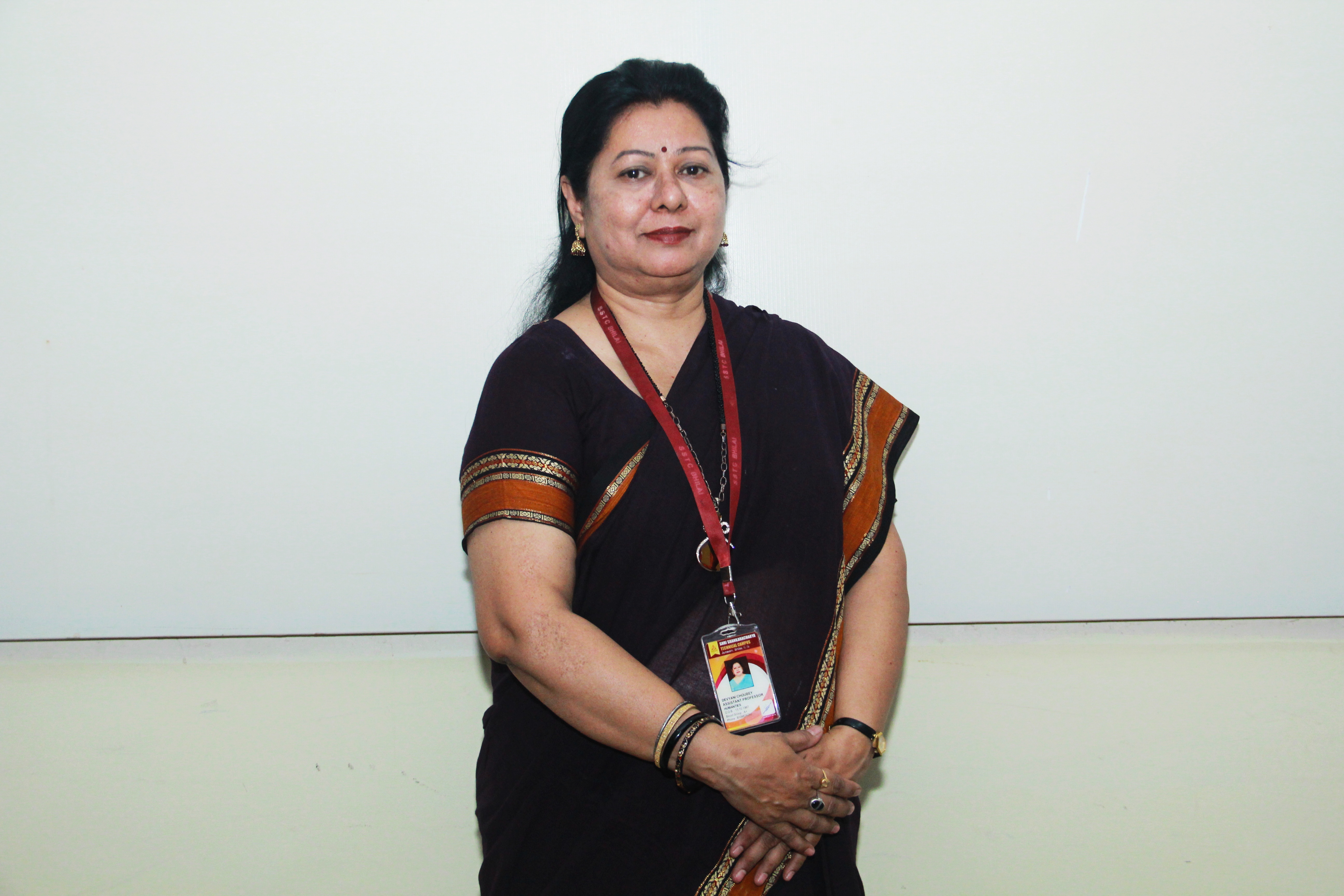About the Department
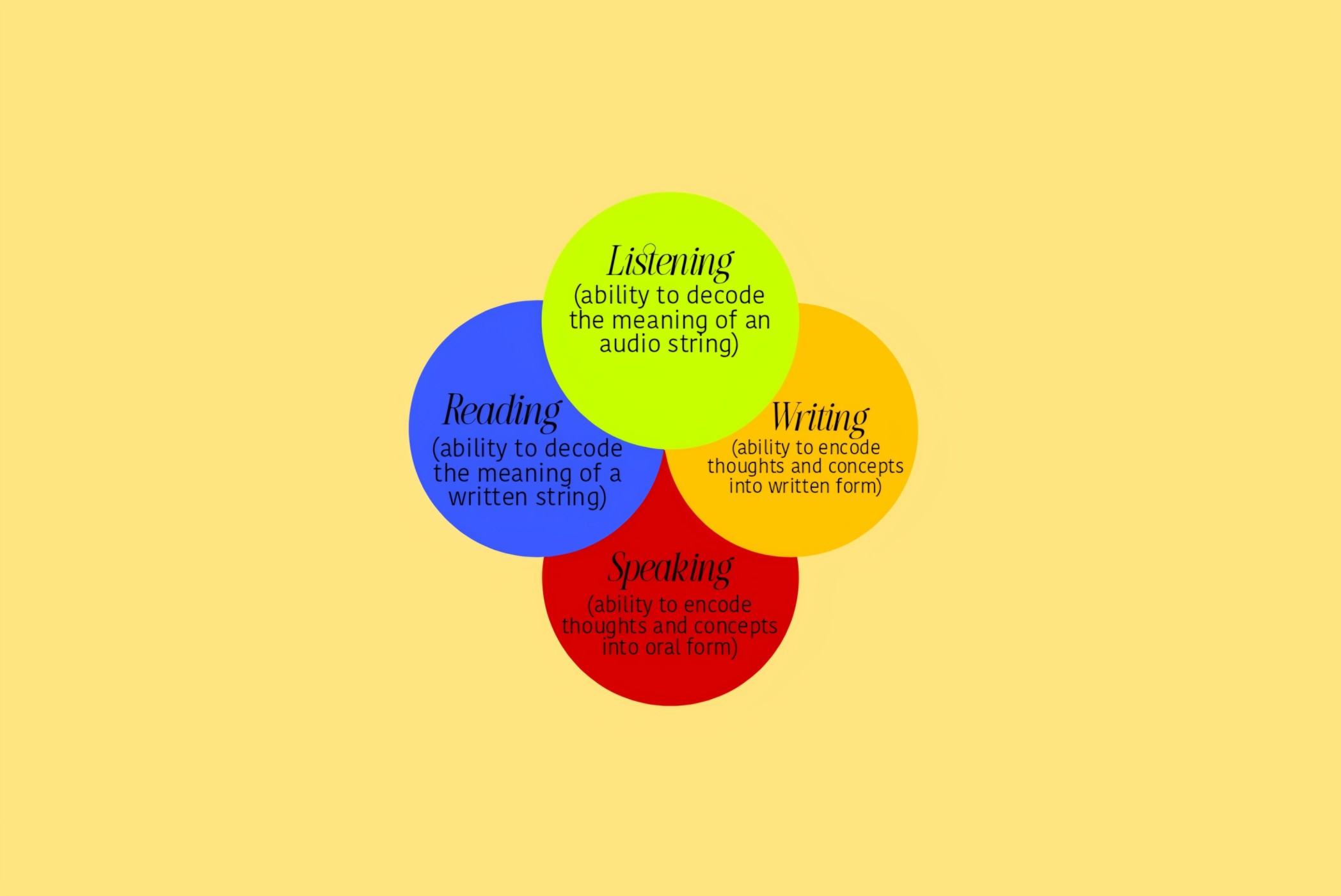
The Department's goal is to instill in its students a strong sense of global citizenship that is both responsible and compassionate. It aims to develop a profound understanding of society challenges and improve communication and administrative skills by providing a stimulating combination of ethical reflection and cultural introspection. This all-encompassing strategy guarantees a thorough growth that goes beyond just technical proficiency.
The Department stresses excellence in oral and writing expression while integrating strong communication techniques throughout the curriculum, giving students unique talents that make them stand out. The instructional strategies are carefully designed to meet the unique requirements of technical students, filling the gap between specialist knowledge and business requirements. This customized approach not only complies with industry requirements but also demonstrates the Department's dedication to educating students to be productive members of society. Students are given the tools they need to become well-rounded professionals who thrive in their areas and meaningfully contribute to society at large by means of this comprehensive educational approach.
Vision
To be one of the worlds’ leading innovative and creative universities recognized locally, nationally and internationally for excellence in teaching, research and public services. We seek to be the preferred choice of students and practitioners for undergoing technical education and advancing long life learning.
Mission
To provide education, research and service in a rich intellectual environment sensitive to local, national and aspirations, so as to prepare the students possessing knowledge, creative ability and entrepreneurial attitude for becoming successful in globally challenging atmosphere.
Programme Specific Outcome (PSOs) for U.G. Programme
- The students will be able to demonstrate a better understanding of the communication process by identifying, explaining, and applying current communication theories as they relate to various contexts and learn to use standard formats, techniques and principles to gain credibility in business settings.
- The students will be able to listen, read, comprehend and synthesize information from different sources and respond appropriately.
- The students will be able to demonstrate different modes of expression in written communication and develop the fundamental skills and techniques in drafting effective business documents.
- The students will be able to demonstrate the various oral communication situations to elicit desired results.
- The students will be able to demonstrate the ability to identify and solve common grammar errors to develop grammatical accuracy.
Programme Outcome (POs) for U.G. Programme
- Engineering knowledge: Apply the knowledge of Mathematics, Science, Engineering fundamentals, and an engineering specialization to the solution of complex engineering problems.
- Problem analysis: Identify, formulate, review research literature, and analyze complex engineering problems reaching substantiated conclusions using first principles of mathematics, natural sciences, and engineering sciences.
- Design/development of solutions: : Design solutions for complex engineering problems and design system components or processes that meet the specified needs with appropriate consideration for the public health and safety, and the cultural, societal, and environmental considerations.
- Conduct investigations of complex problems: Use research-based knowledge and research methods including design of experiments, analysis and interpretation of data, and synthesis of the information to provide valid conclusions.
- Modern tool usage: Create, select, and apply appropriate techniques, resources, and modern engineering and IT tools including prediction and modeling to complex engineering activities with an understanding of the limitations.
- The engineer and society: Apply reasoning informed by the contextual knowledge to assess societal, health, safety, legal and cultural issues and the consequent responsibilities relevant to the professional engineering practice.
- Environment and sustainability: Understand the impact of the professional engineering solution sin societal and environmental contexts, and demonstrate the knowledge of, and need for sustainable development.
- Ethics: Apply ethical principles and commit to professional ethics and responsibilities and norms of the engineering practice.
- Individual and team work: Function effectively as an individual, and as a member or leader in diverse teams, and in multidisciplinary settings.
- Communication: Communicate effectively on complex engineering activities with the engineering community and with society at large, such as, being able to comprehend and write effective reports and design documentation, make effective presentations, and give and receive clear instructions.
- Project management and finance: Demonstrate knowledge and understanding of the engineering and management principles and apply these to one's own work, as a member and leader in a team, to manage projects and in multidisciplinary environments.
- Life-long learning: Recognize the need for, and have the preparation and ability to engage in independent and life-long learning in the broadest context of technological change.
Publications
- Ms. Namrata Bhargava -International Journal, Topic -“Developing Effective Communication Skills in Classroom Teaching.” Published in “ The English Research Express” , “ A Peer Reviewed ( Refereed) International Journal/ Special name: IJELL- The International Journal of English Language and Literature in Volume 2nd & : 1st ( January – March 2014) PP: 361-368 . Date: 25-03-2014 bearing ISSN : 2321-1164 (online) ; 2347-2642 ( Print)
- Dr.Devyani Chaube “Validating Literature in the Light of social media” Special Issue for International Conference October 2021 Langlit: An International Peer Reviewed Open Access Journal Special Issue ISSN 23495189 Page 204- 207 October 2021
- Devyani Chaube “Novels of Graham Greene: Restoring the Souls of the characters from the Violence”.Volume-9, Issue-1, January-2018Contemporary Discourse ISSN No.0976- 3686 (Print Journal
- Devyani Chaube , Dr Jaya Mishra “Implicit Frustration Inherent in the Mortal Existence of the Protagonists in the few selected Novels of Graham Greene”. Volume 6, Issue 2, February 2018 IJELLH: International Journal of English Language, Literature and Humanities. ISSN no: 2321-7065 Indexed and Peer Reviewed (Refereed) journal.
- Devyani Chaube and Dr A.A.Khan “Spiritual and Practical Dimensions in the few selected novels of Graham Greene”. Volume V, Issue IX September 2017 IJELLH: International Journal of English Language, Literature and Humanities. ISSN no: 2321-7065, Indexed and Peer Reviewed (Refereed) journal.
- Devyani Chaube Disillusioned and Despondent Theme in the Selected Novels of Graham Greene. Vol. 8, Issue I February 2017. Page 452-45 The Criterion: An International journal in English ISSN no: 0976-8165, Bi-Monthly Refereed and Indexed and Open access journal
- Devyani Chaube Curbing Absenteeism: Proposed Innovations on “Academic Innovations and Administrative Reforms to Meet Global Challenges in Higher Education”. For Internal Quality Assurance Paper published in Conference Proceedings.
- Devyani Chaube Enhancing Employability for Engineering Students through Oral Communication.Paper ID: Human-01, Branch: Humanities ISNCESR’16 https://www.ijsr.net/conf/PARAS16/paras2016.php
- Devyani Chaube Language crossing boundaries – English for better opportunities.Special issue for National Seminar Oct 2015Arts Oriented Journal (MultiLingual Bi-Annual) ISSN no. 2395-03159 (Print Journal)
Conferences/Workshops/STTPs Organized
- Coordinator for one day Workshop Under TEQIP-III “Literacy and Communication” - Gleanings from the past & looking at the present, organized on 30th April’ 2019 by the Department of Humanities, SSTC ,Bhilai.
Language Lab
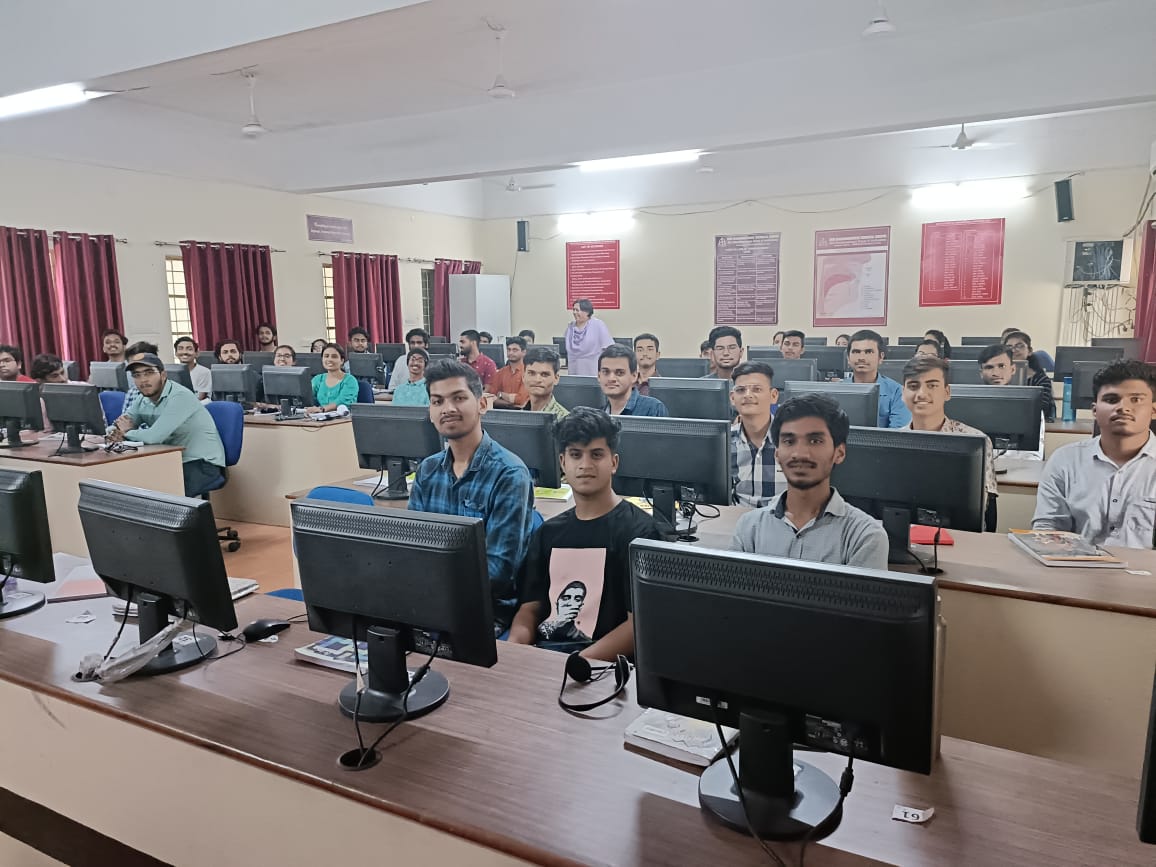
- The college manages a Hi-technology Language Lab with high class software ETNL, basically designed to enhance communication skills, accent, pronunciation etc. The main focus is to improve students’ ability to communicate effectively as well as to write logically and lucidly .The practical sessions and applications in the Lab , help to bring about the much needed environment for communicating in English. It also enables the students to gain self confidence and get ready to compete for global opportunities.
- We live in a global world where our existence depends solely on our felicity of using English most often. Thus, getting well versed in English has become quite mandatory. We the faculties from Humanities Department give special attention to the students who are from rural back ground. The effective methods are employed in teaching English to the rural students for their enhancement.
- The students are exposed to a lot of modules and they have the privilege of learning English through different methods. The faculties are committed and have an honest approach to equip the students with various skills of communication. The available resources are completely tapped so as to provide an encouraging atmosphere for learning and practicing the language.
Events
- The B.Tech First Year Magazine- “PRAGYURJA” 2020-21, Edition -1 and the college magazine – “Chakra”2021 -22 was published and released under the guidance of Humanities Department
- Following the guidelines of AICTE. Department of Humanities coordinates the Orientation cum Induction Program for B.Tech First Year students every year.
- Departmental Achievement
- Department of Humanities successfully organized a Guest lecture on “Literacy and Communication"- Gleanings from the Past and Present, on 30th April, 2019, under the banner of TEQIP 3, sponsored by Chhattisgarh Swami Vivekananda Technical University. Near about 150 participants including faculties of various institutes and colleges under CSVTU and the students of SSTC interactively participated and made it superlatively commendable. The department has added on to its credit by playing an eminent role in organizing the college cultural event SAMVID - one of the largest Techno Cultural Fest in Chhattisgarh.
